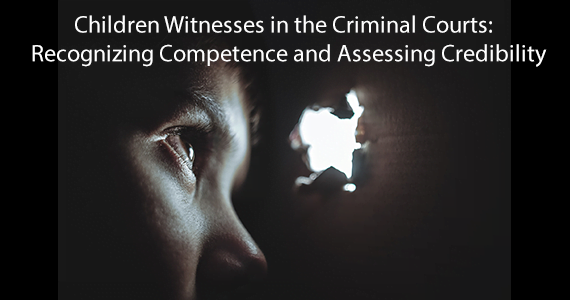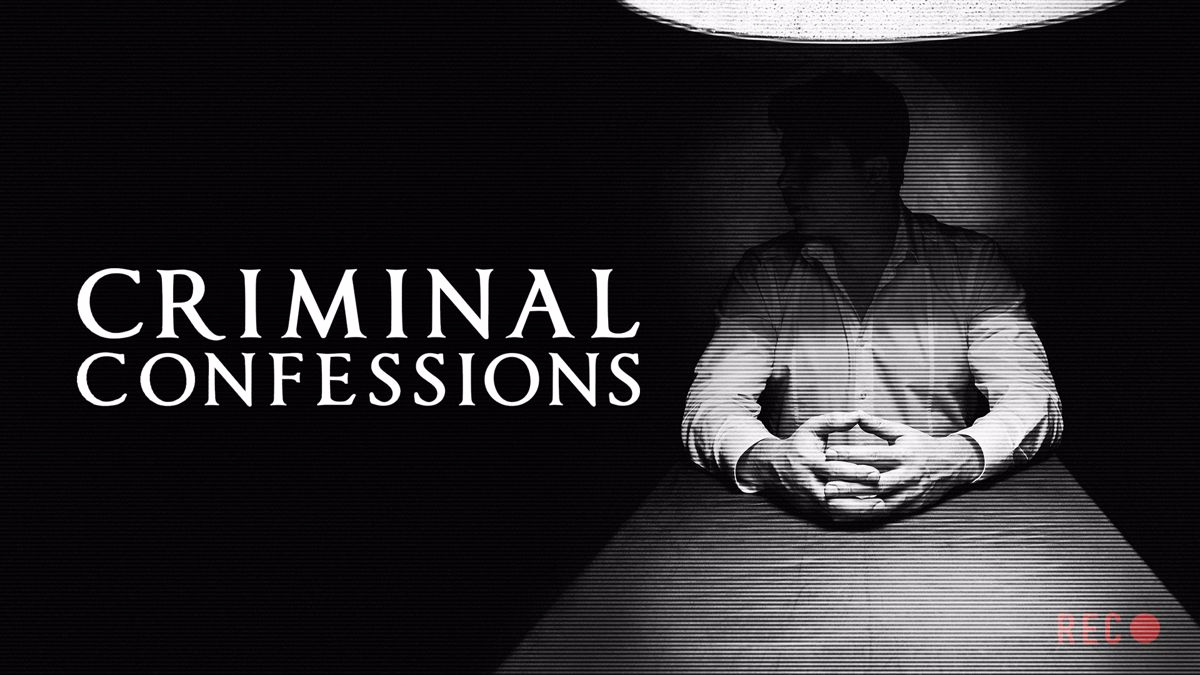
In State v. Ollivier, the WA Supremes held that a defendant’s speedy trial rights were NOT violated when a defendant’s attorney requested the continuance over the objection of his client. The facts were such that the defendant, Ollivier, was charged with Possession of Depictions of Minors Engaged in Sexual Activity. The depictions involved the use of the defendant’s computer. Ollivier was arraigned on April 18, 2007. His case went pending for 5 years before finally going to trial.
There were, in total, 22 continuances. The reasons for the continuances varied: defense counsel sought most of the continuances to allow time for investigation, obtain expert review of computer content, obtain discovery material from the Washington State Department of Corrections and the King County Sheriff’s Office, and because of a new investigator on the case.
Some of the requested continuances mentioned circumstances involving the State and some motions were joined by the State. At one point, an arresting officer resigned. Consequently, a continuance was requested to allow time to investigate her misconducts.
The Court reasoned that, in order to establish that multiple continuances of Ollivier’s trial dates violated his constitutional right to trial, a defendant must establish actual prejudice to the ability to prepare a defense. Further, prejudice will only be presumed in extremely unusual cases in which the post-indictment delay lasted at least five years or the government was responsible for the delay by virtue of something beyond simple negligence.
Finally, the Court stated the following: “Nearly all of the continuances were sought so that defense counsel could be prepared to defend. This is an extremely important aspect of the balancing and leads us to conclude that the length of delay was reasonably necessary for defense preparation and weighs against the defendant.”
My opinion? I agree with the WA Supremes. I’ve conducted MANY jury trials in my career, and shall probably conduct many more. Although few, my trial losses typically happen when clients insist on going to trial too early, and usually against my advice.
It’s important for clients and attorneys to have frank discussions of how long it will take to resolve the case. This decision usually depends on whether the client wants to resolve the case or go to trial. And THAT decision usually rests on the evidence contained within witnesses, police reports, forensics, etc. These decisions are not easy. It takes an exorbitant amount of time, preparation and patience for all parties to fashion and execute a successful trial defense. But as the old saying goes, “Cooler heads will prevail.”
Please contact my office if you, a friend or family member are charged with a crime. Hiring an effective and competent defense attorney is the first and best step toward justice.


/if-you-get-a-dui-67215_FINAL-5be992db46e0fb00510b72ca.png)










